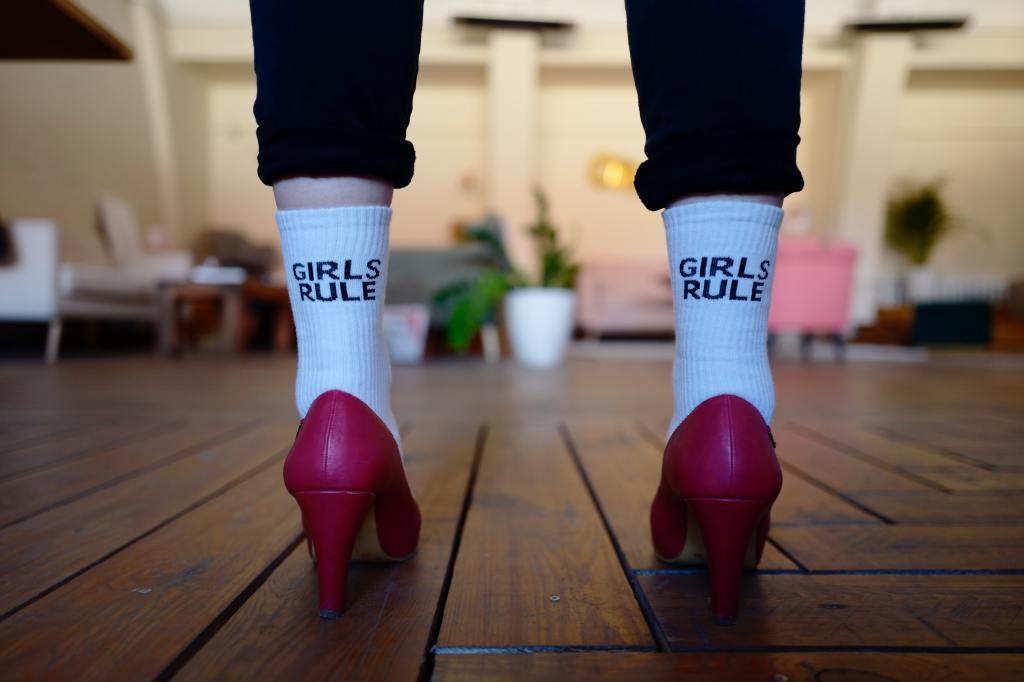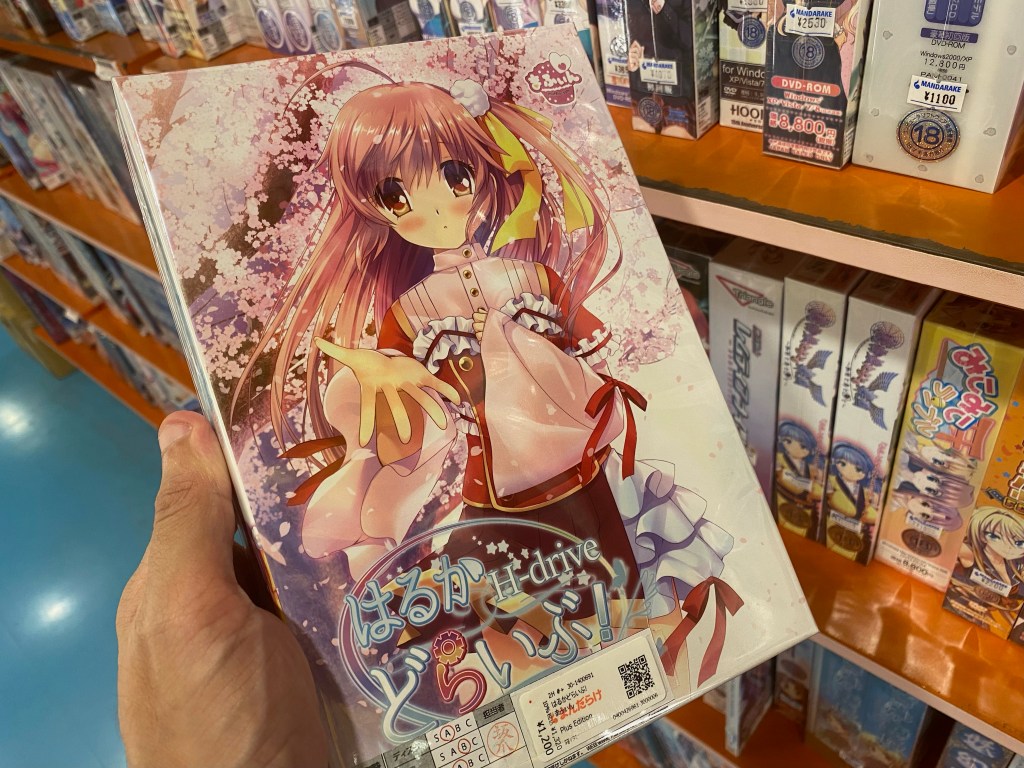Wearing heels hurts. For some, they are a modern-day torture device, for others a necessary evil. This is especially true in Japan, where women are still frequently expected to wear heels to work. Professional situations aside, even bars have started giving women discounts based on the height of their heels.
And now, around 19,000 women in Japan are taking a stand against the unofficial dress code in Japanese offices that expects women to wear high heels at work. It all started when actor and freelance writer Yumi Ishikawa was made to wear high heels while working at a funeral parlour, prompting her to launch a petition that caught on pretty quickly. She tweeted about this, venting about how her workplace had a de facto requirement for her to wear heels despite the discomfort and got about 30,000 shares on it. This is what gave birth to Japan’s #KuToo movement.
Videos by VICE
Ironically, the Japanese word ‘Kutsu’ stands for ‘shoes’, while ‘Kutsuu’ translates to ‘painful’. So, Ishikawa decided to combine this sentiment with the global #MeToo movement against misogyny to make way for Japan’s very own women’s movement in the form of #KuToo. Following a meeting with labour ministry officials, Ishikawa gave reporters a statement saying, “Today we submitted a petition calling for the introduction of laws banning employers from forcing women to wear heels as sexual discrimination or harassment.” She added that even when she approached government officials about this, one of them who was a woman said she was sympathetic to the petition and that this was the first time that such a ubiquitous voice of women had captured the ministry’s attention. “After work, everyone changes into sneakers or flats,” her petition said, stressing that high heels often cause bunions, blisters and lower back pain. “It’s hard to move, you can’t run and your feet hurt. All because of manners,” she wrote, pointing out that the same was not expected of men.
For Ishikawa, this is the first step forward for flats and a misogyny-free future, which is a pretty alarming issue in Japan. Just last year, a Japanese MP had made a statement saying women shouldn’t be single and should have multiple children so as to not become a burden on the state later in life.
The movement doesn’t demand any radical change, but only urges that Japanese women be protected from the de-facto rule that they should wear heels while at work or hunting for jobs. To do this, they have called for the implementation of laws that ban employers from discriminating against employees who do not wear heels to work.
Now, the petition has given way to a larger discussion, comparing heels to the disturbing practice of foot-binding (in which young girls in China were forcibly bound to make them smaller), and even saying that the rule making men wear business formals should also be loosened.
Japan isn’t the first country fighting for such a change. Something similar went down in 2016, when a petition against high heels at work was signed by more than 1,50,000 people in the UK. This was in support of receptionist Nicola Thorp, who was sent home from work for wearing flat shoes by accountancy firm PwC on her first day as a temporary receptionist. This opened up conversations on where personal appearance guidelines met sexism, and an inquiry on workplace dress codes made the committee of MPs realise that even women who were doing work like climbing ladders or lugging around heavy loads were kinda expected to wear heels. And even then, the rule stayed on because the government felt that the scope for redress already existed under the Equality Act 2010. But shit like this keeps happening, whether it’s the Cannes red carpet requiring actresses to wear heels or Norwegian Air asking its female cabin crew to carry a doctor’s note if they wanted to wear flats
There is hope that laws will be implemented to protect women who do not want to wear high heels. In 2017, The Canadian state of British Columbia made a law that banned employers from forcing women to wear heels to work, calling it a discriminatory practice.
Women have historically been told that heels would make them seem more “ladylike” and “feminine”. But hey, who has time for heels when you’re running away from misogyny?
Follow Shamani Joshi on Instagram.




